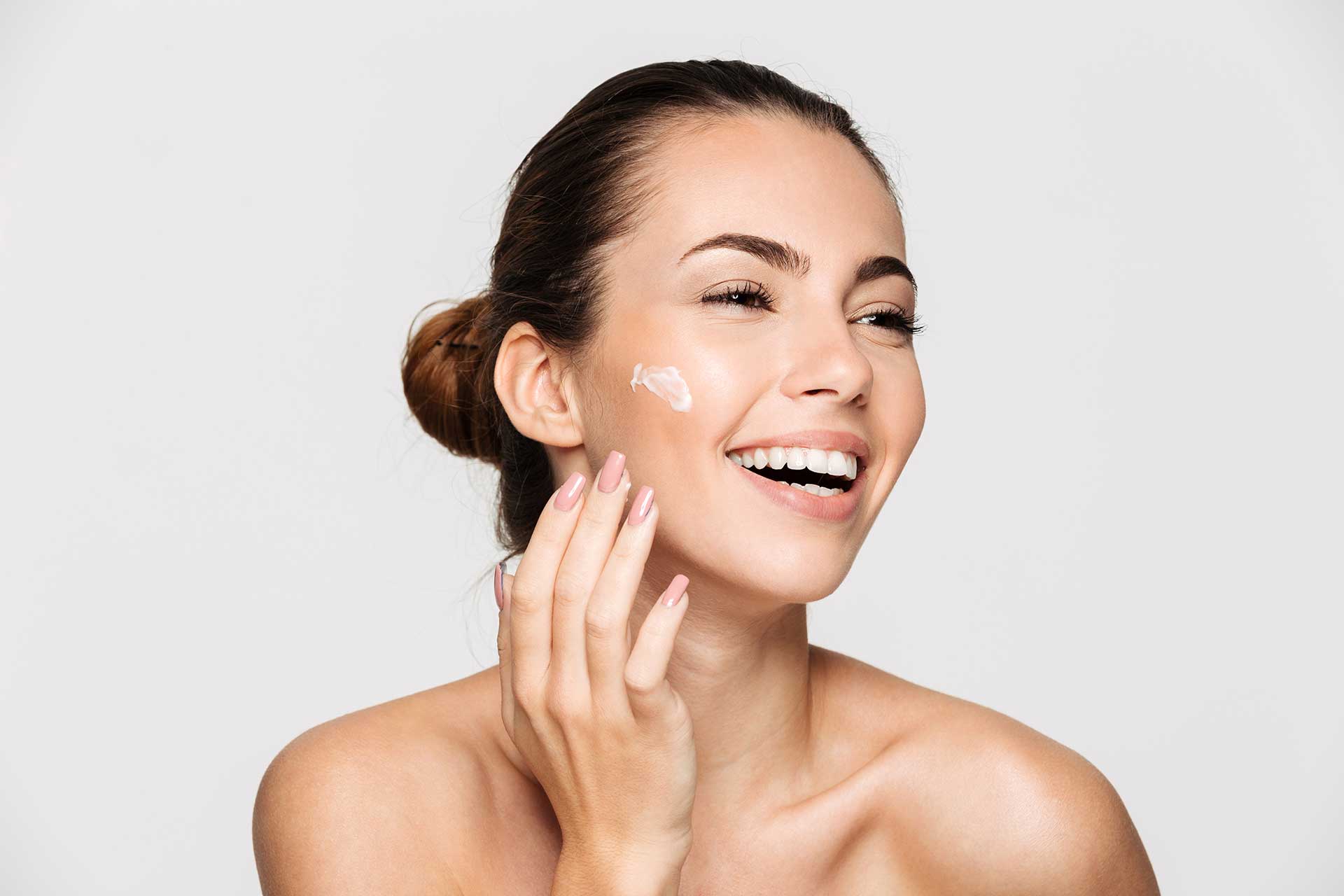
The main antioxidant "micro biome" for strong skin
The
skin is the largest organ in the body, and it acts as a physical
barrier to the body, protecting it from harm caused by foreign organisms
or harmful substances.
Your skin's micro biome consists of a diverse
environment of microorganisms, including bacteria, viruses, and even
fungi. Most of these elements are harmless, and they have a symbiotic
relationship with us and perform for us pivotal functions such as
supplying us with our scent and even strengthening our immune system.
Maintaining the health of your skin and its complex micro biome depends on the nutrients you eat and the environment around you.
Skin anatomy
The
skin consists of three layers: the epidermis, which is made up of fully
mature skin cells. It is the first layer of protection and has millions
of germs residing on it in perfect balance.
In the slightly deeper
layer of the skin are the sweat glands, sebaceous glands, hair
follicles, as well as tiny blood vessels that bring nutrients and carry
waste to and from the upper layer of the skin.
It also contains a variety of germs, such as bacteria and fungi, that make you smell when you exercise or sweat.
The
deepest level consists mostly of adipose tissue, which is the
subcutaneous layer where the largest blood vessels are located, and
there are fewer microorganisms here, but this part is necessary for skin
fullness.
Nutrition is reflected on the skin because the skin
reflects the health of the body, so maintaining a balanced micro biome
is important because this symbiotic relationship helps your skin to look
healthy, and the lack of nutrients may cause these microorganisms to do
more harm than good.
Moisturizing the skin
Maintaining
skin moisture is essential for its elasticity, as more than 50% of your
cells are made up of water, and dehydrated skin can appear dry, scaly
and tight, and it can also itch and crack, which allows bacteria to
penetrate the healthy barrier and lead to skin infections such as
Cellulitis.
In addition, to maintain skin elasticity, dry skin
signals the sebaceous glands to secrete more oil, which leads to clogged
pores that can become infected.
You can tell if your body is
sufficiently hydrated when you feel only a little thirsty, or your urine
is colorless to a light yellow color, some people may need a few cups
of water, others may need up to 15 cups, it all depends on your level of
activity. The taste of the water itself can become a little watery, so
flavors of water are a great way to add a twist to your daily water
intake.
Maintain the cleanliness of the skin
As important
as maintaining the moisture of your skin by drinking plenty of water, it
is also important to keep its surface clean and dry, as excess moisture
can lead to the growth of bacteria and fungi that may cause local skin
infections, this is very likely after sweating because moisture in the
corners and cracks may cause friction and lack of light access, which
leads to the growth of bacteria and fungi, and this leads to fungal
infections such as ringworm, skin candida, and athlete's foot, to name a
few. This is why it is important to keep the surface of the leather dry
and wear moisture-wicking fabrics, such as micro models and cotton.
Maintaining
the cleanliness of your hands is also necessary for the health of the
skin because it is the organ with which we touch and communicate with
the outside world, we touch our faces with it on average more than 10
times per hour, and therefore it is important to wash your hands
continuously for at least 20 seconds with anti-bacterial soap and water,
if soap and water are not readily available, you can use a hand
sanitizer that contains at least 60% alcohol.
When using hand
sanitizer, make sure that you also use a non-perfumed moisturizing
lotion, as alcohol can dry out and crack the skin and can then irritate
the skin and may lead to small localized skin infections.
Proteins are important for the skin
Your
skin's micro biome needs a strong foundation to reproduce, and the
skin's foundation is made of collagen, which is the most abundant
protein in the human body, plus protein is responsible for skin's
structure, toughness and strength, and natural skin aging can be treated
with collagen supplements.
When taking collagen supplements, it may
lead to skin hydration and elasticity, as protein is broken down into
its building blocks and deposited in the skin, and compared to a
placebo, collagen supplements may help reduce the appearance of eye
wrinkles, and the recommended daily dose varies, with studies indicating
1.5-2.5. Grams per day, some even reach 10 grams per day.
